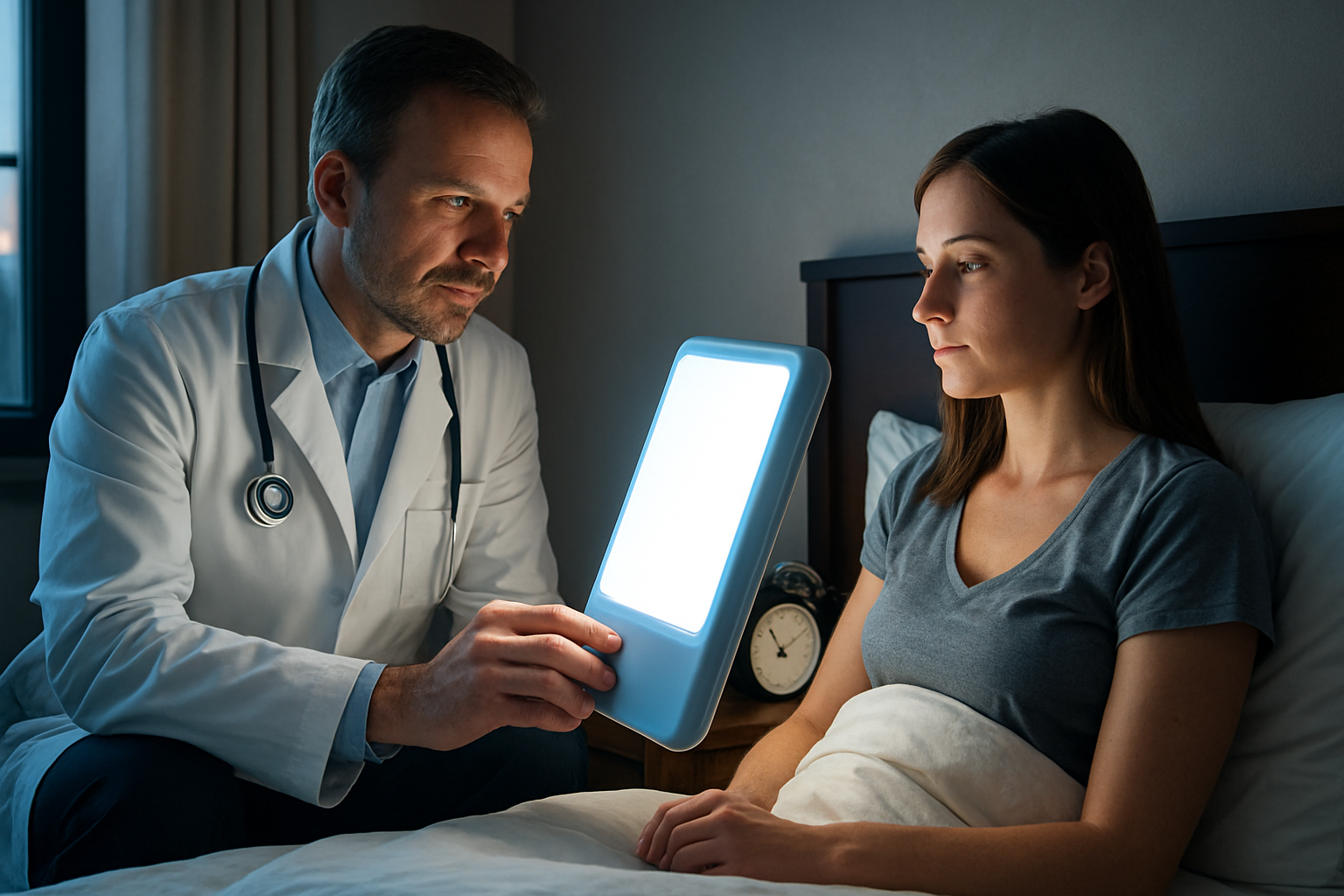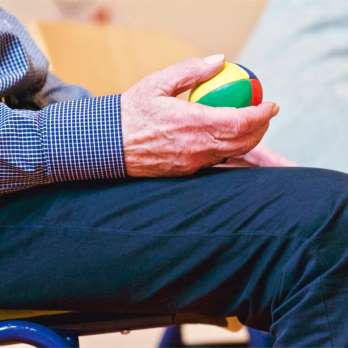Sleep Disorder Treatment: Understanding Excessive Sleepiness
Excessive sleepiness can stem from various factors, including sleep disorders, stress, medical conditions, or lifestyle habits. Identifying the underlying cause is essential for improving energy levels, enhancing daily functioning, and supporting overall health and well-being.

What Are the Common Causes of Excessive Sleepiness?
Sleep disorders represent one of the primary culprits behind chronic daytime drowsiness. Sleep apnea, characterized by repeated breathing interruptions during sleep, affects approximately 22 million Americans and often goes undiagnosed. This condition prevents deep, restorative sleep, leaving individuals exhausted despite spending adequate time in bed.
Narcolepsy, though less common, causes sudden sleep attacks and overwhelming daytime sleepiness. Restless leg syndrome creates uncomfortable sensations that disrupt sleep continuity, while periodic limb movement disorder causes involuntary leg movements throughout the night.
Circadian rhythm disorders, including shift work sleep disorder and delayed sleep phase syndrome, occur when the body’s internal clock becomes misaligned with external schedules. These conditions are increasingly prevalent in our 24/7 society, affecting healthcare workers, first responders, and other shift workers.
Understanding Excessive Sleepiness and Fatigue Causes
Beyond sleep disorders, numerous medical conditions contribute to persistent fatigue and excessive sleepiness. Depression and anxiety disorders frequently manifest as sleep disturbances, creating a cycle where poor sleep worsens mental health symptoms.
Hormonal imbalances, particularly thyroid dysfunction, can significantly impact energy levels. Hypothyroidism slows metabolism and often causes overwhelming fatigue, while diabetes can lead to fluctuating blood sugar levels that affect sleep quality and daytime alertness.
Medications also play a crucial role in sleep disruption. Antihistamines, blood pressure medications, antidepressants, and pain medications can all interfere with normal sleep patterns. Additionally, lifestyle factors such as excessive caffeine consumption, irregular sleep schedules, and poor sleep hygiene contribute to chronic sleepiness.
Nutritional deficiencies, particularly iron deficiency anemia and vitamin D deficiency, can cause persistent fatigue. Sleep-related eating disorders and other medical conditions affecting oxygen levels or neurological function may also result in excessive daytime drowsiness.
How to Identify Causes of Excessive Sleepiness
Proper diagnosis begins with a comprehensive evaluation by a qualified healthcare professional. Sleep specialists typically conduct detailed medical histories, examining sleep patterns, lifestyle factors, and associated symptoms. Patients may be asked to maintain sleep diaries for several weeks, tracking bedtime, wake time, sleep quality, and daytime symptoms.
Polysomnography, commonly known as a sleep study, represents the gold standard for diagnosing many sleep disorders. This overnight test monitors brain waves, heart rate, breathing patterns, oxygen levels, and muscle activity during sleep. Home sleep apnea tests offer a more convenient alternative for suspected sleep apnea cases.
The Multiple Sleep Latency Test (MSLT) measures how quickly individuals fall asleep during scheduled daytime naps, helping diagnose narcolepsy and assess the severity of excessive sleepiness. Blood tests may reveal underlying medical conditions such as thyroid disorders, anemia, or diabetes that contribute to fatigue.
Actigraphy, using wearable devices to monitor sleep-wake patterns over extended periods, provides valuable insights into circadian rhythm disorders and sleep consistency. These objective measurements complement subjective reports and help healthcare providers develop targeted treatment plans.
Treatment Options and Healthcare Providers
Professional sleep disorder treatment varies significantly depending on the underlying cause and severity of symptoms. Sleep medicine physicians, pulmonologists, neurologists, and psychiatrists all play roles in comprehensive sleep disorder management.
| Provider Type | Specialties | Average Consultation Cost |
|---|---|---|
| Sleep Medicine Centers | Comprehensive sleep studies, CPAP therapy | $300-$500 initial consultation |
| Pulmonologists | Sleep apnea, breathing-related disorders | $250-$400 initial consultation |
| Neurologists | Narcolepsy, restless leg syndrome | $300-$450 initial consultation |
| Primary Care Physicians | Initial evaluation, basic sleep hygiene | $150-$250 initial consultation |
Prices, rates, or cost estimates mentioned in this article are based on the latest available information but may change over time. Independent research is advised before making financial decisions.
Treatment approaches include continuous positive airway pressure (CPAP) therapy for sleep apnea, which typically costs between $1,000-$3,000 for equipment and setup. Oral appliances for mild sleep apnea range from $1,500-$3,000. Prescription medications for narcolepsy or other sleep disorders vary widely in cost, with some specialized medications exceeding $10,000 annually.
Cognitive behavioral therapy for insomnia (CBT-I) offers non-pharmaceutical treatment options, typically requiring 6-8 sessions costing $100-$200 each. Many insurance plans cover sleep disorder evaluations and treatments, though coverage varies significantly between providers and specific treatments.
Long-term Management and Lifestyle Modifications
Successful sleep disorder treatment often requires ongoing management and lifestyle adjustments. Maintaining consistent sleep schedules, creating optimal sleep environments, and addressing underlying health conditions contribute to long-term success.
Regular follow-up appointments ensure treatment effectiveness and allow for adjustments as needed. Compliance with prescribed treatments, particularly CPAP therapy, significantly impacts outcomes and quality of life improvements.
Sleep disorder treatment requires professional medical evaluation and personalized treatment plans. While excessive sleepiness can significantly impact daily life, proper diagnosis and treatment can restore healthy sleep patterns and improve overall well-being. Working with qualified healthcare providers and maintaining commitment to treatment recommendations offers the best path toward overcoming sleep-related challenges and achieving restorative sleep.
This article is for informational purposes only and should not be considered medical advice. Please consult a qualified healthcare professional for personalized guidance and treatment.




